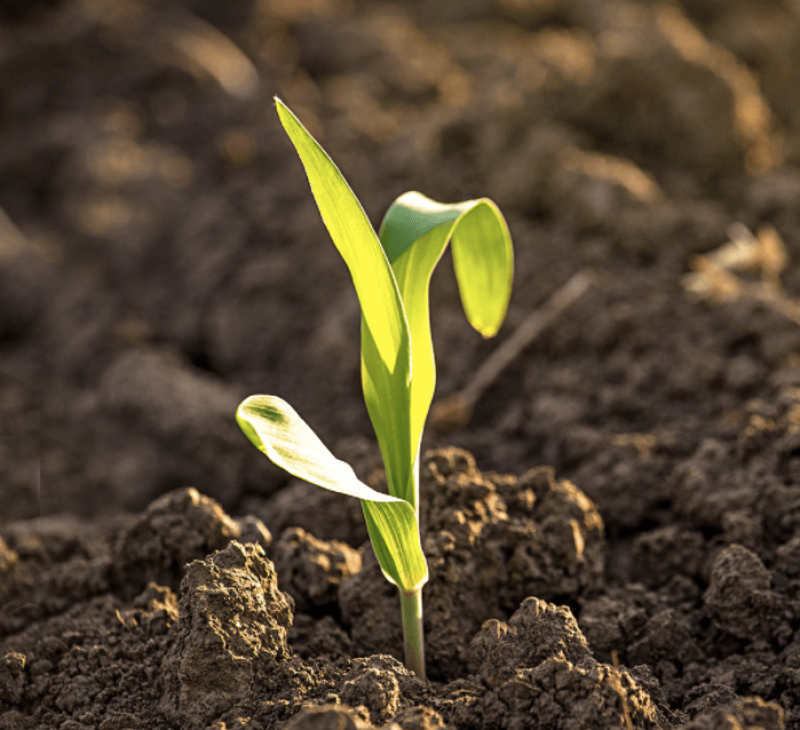One of the biggest challenges to reducing hunger and undernutrition around the world is to produce foods that provide not only enough calories but also make enough necessary nutrients widely available. New research finds that, over the next 30 years, climate change and increasing carbon dioxide (CO2) could significantly reduce the availability of critical nutrients such as protein, iron, and zinc, compared to a future without it.
The total impacts of climate change shocks and elevated levels of CO2 in the atmosphere are estimated to reduce growth in global per capita nutrient availability of protein, iron, and zinc by 19.5%, 14.4%, and 14.6%, respectively.
“We’ve made a lot of progress reducing undernutrition around the world recently but global population growth over the next 30 years will require increasing the production of foods that provide sufficient nutrients,” explained Senior Scientist at the International Food Policy Research Institute (IFPRI) and study co-author Timothy Sulser. “These findings suggest that climate change could slow progress on improvements in global nutrition by simply making key nutrients less available than they would be without it.”
…
Using the IMPACT global agriculture sector model along with data from the Global Expanded Nutrient Supply (GENuS) model and two data sets on the effects of CO2 on nutrient content in crops, researchers projected per capita availability of protein, iron, and zinc out to 2050.
Improvements in technology, and markets effects are projected to increase nutrient availability over current levels by 2050, but these gains are substantially diminished by the negative impacts of rising concentrations of carbon dioxide.
Read full, original article: Rising CO2, climate change projected to reduce availability of nutrients worldwide































